What does a Japanese garden have to do with Japan?
inkognito
18 years ago
Related Stories

BATHROOM DESIGNTake Cues From Japan for a Zen-Like Bathroom
Escape stress the Japanese way: with a blissful soak in a tub amid natural materials and minimalist beauty
Full Story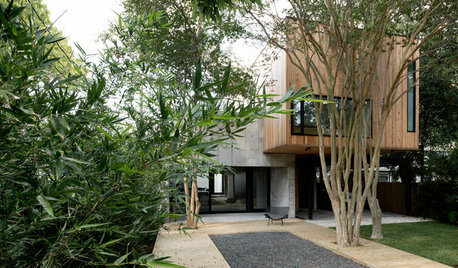
MODERN ARCHITECTUREHouzz Tour: A Concrete Box Home With Japanese Style
A love of Japan’s minimalistic style and the use of concrete make for a mystical experience in this Houston home
Full Story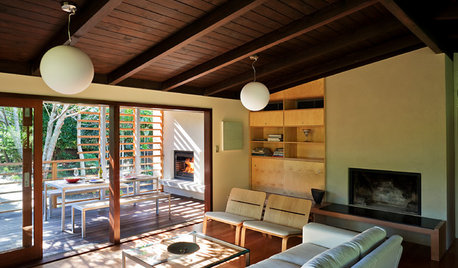
MODERN HOMESHouzz Tour: Shades of Japan in an Updated ’60s Gem
The Zen-like nature of this renovated 2-level home in New Zealand brings a feeling of tranquility
Full Story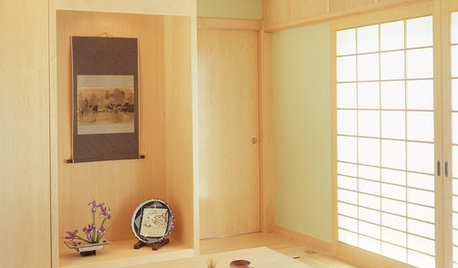
DECORATING GUIDESTravel Takeaways: Design Inspiration From Japan
A designer recalls how she went to another country to teach, but the country ended up teaching her
Full Story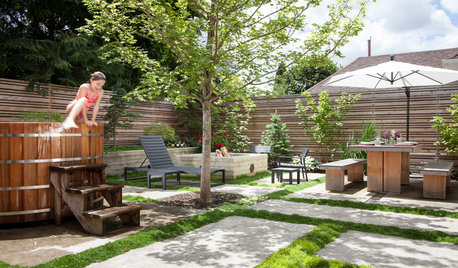
PATIOSBackyard Ideas: Writer's Studio and a Japanese-Inspired Garden
A nearby Japanese garden inspires a feature-packed backyard and studio for a work-from-home Portland writer
Full Story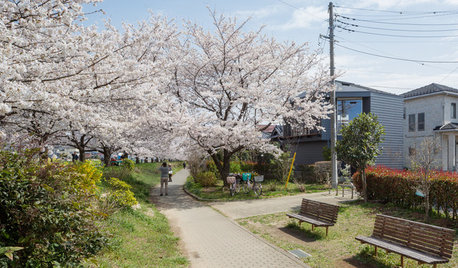
ARCHITECTURE4 Japanese Homes Proudly Speak to Their Surroundings
We’re celebrating the launch of Houzz Japan by exploring 4 key homes that speak to the Japanese lifestyle and landscape
Full Story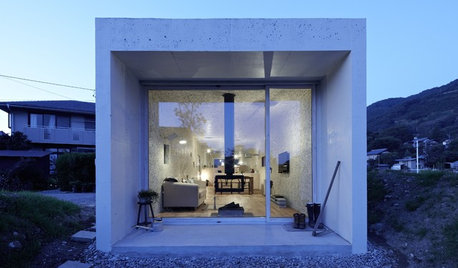
HOUZZ TOURSHouzz Tour: Minimalist 'Nest' House in Japan
Functional architecture, minimalist furnishings and a rootedness in Japanese culture make just the right home for a family of three
Full Story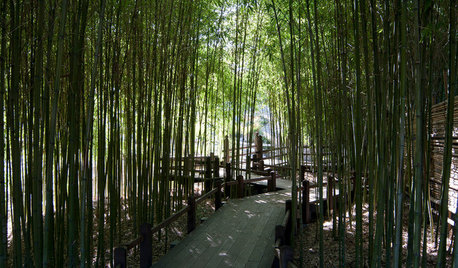
INSPIRING GARDENSStroll Through a Magnificent Japanese Garden, Newly Renovated
Get a glimpse of the Huntington's Japanese Garden today along with its storied past in a glossy new book
Full Story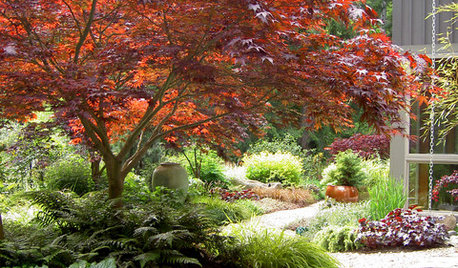
TREES11 Japanese Maples for Breathtaking Color and Form
With such a wide range to choose from, there’s a beautiful Japanese maple to suit almost any setting
Full Story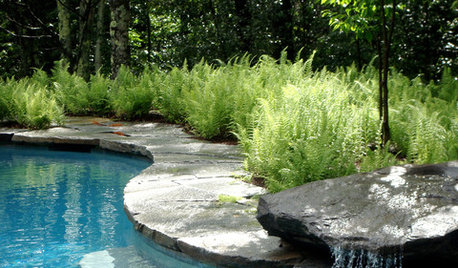
GROUND COVERSNative Alternatives to English Ivy, Japanese Pachysandra and Periwinkle
These shade-loving ground covers are good for the environment and say something about where you are
Full Story





breezyb
inkognitoOriginal Author
Related Professionals
Maple Heights Landscape Architects & Landscape Designers · Stamford Landscape Contractors · Hawthorne Landscape Contractors · Lynchburg Landscape Contractors · Streamwood Landscape Contractors · Tacoma Landscape Contractors · Twin Falls Landscape Contractors · Waipahu Landscape Contractors · West Coon Rapids Landscape Contractors · Goldenrod Landscape Contractors · Clermont Decks, Patios & Outdoor Enclosures · Fort Pierce Decks, Patios & Outdoor Enclosures · Livingston Decks, Patios & Outdoor Enclosures · Minneapolis Decks, Patios & Outdoor Enclosures · Scotts Valley Decks, Patios & Outdoor Enclosuresbreezyb
didgeridoo
breezyb
Herb
didgeridoo
patjonking
nachodaddy
kobold
inkognitoOriginal Author
DonPylant
nachodaddy
didgeridoo
kobold
DonPylant
jeepster
inkognitoOriginal Author
nachodaddy
jeepster
kobold
inkognitoOriginal Author